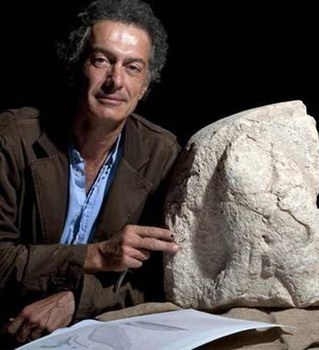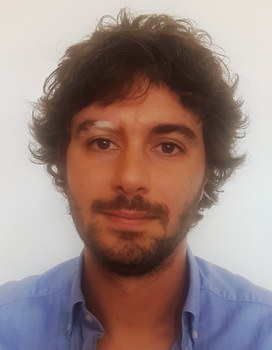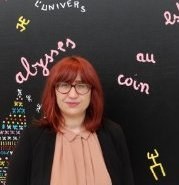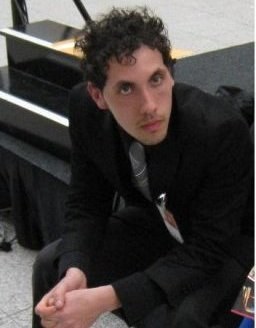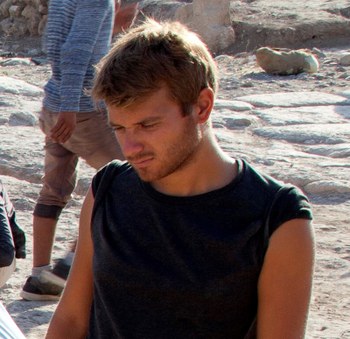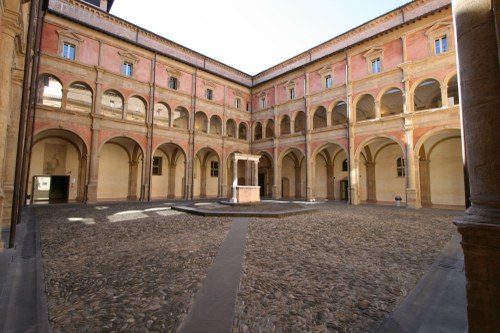
Established in 1088, the University of Bologna is the western world's oldest higher education institution (HEI) with a distinguished history of teaching and research. Today it is recognized as one of the top Italian and European HEIs and famous for its beauty and integration with the city. Its highly diversified and modern teaching offer includes over 200 degree programmes among its 33 Departments, 11 Schools and over 78,000 students. The University of Bologna has always favoured internationalization, multi-disciplinarity and cross-cultural approaches. As a result, in 2014 over 5,000 foreign students from all over the world benefited of the wide range of courses, 52 of which taught in English. Moreover, between 2009 and 2013 over 30% of the annual income of UNIBO came from EU projects, thus confirming its outstanding capacity to attract external funds. The School of Arts, Humanities and Cultural Heritage is divided into 7 Departments offering 8 BA programs and 15 MA programs to over 13,000 students. The international relations held by the teaching staff at the School also offer to the students manifold opportunities to study abroad. The Department of History and Cultures has a long tradition of researches on a wide chronological as well as geographical range. Within this framework, archaeological research is organized into 2 main centres and 6 research labs carrying out over 20 excavation projects in Italy and 10 abroad, 7 laboratories and 3 Summer School programs. he University of Bologna will be in charge of the coordination of the whole project.
For more info visit the official Unibo website http://www.disci.unibo.it/it


